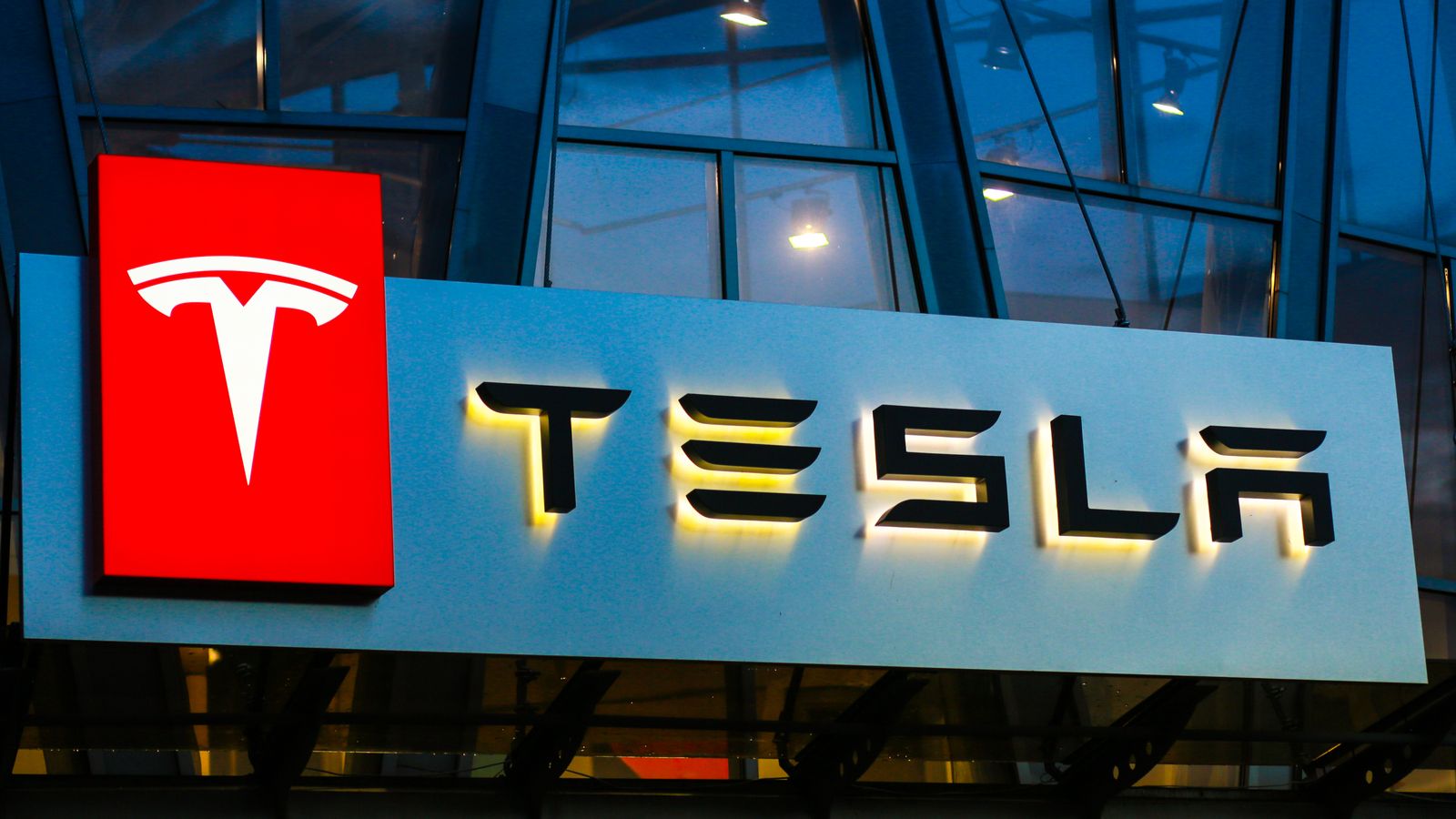- Tesla raised the base price of its cars again
- Rivals have failed to deliver in the mid-market
- What China tells the U.S. about the future of electric vehicles
Tesla (NASDAQ:TSLA) stock is down 17% in 2022. Investors are no longer paying as big a premium for growth.
Even at its March 18 opening price of $865/share, Tesla has a $900 billion market capitalization. This means investors are paying 177 times earnings and over 16 times revenue for it. Tesla is now worth over seven times more than General Motors (NYSE:GM) and Ford Motor (NYSE:F) combined, even though the Detroit twins each have over twice its sales.
Investors have ignored calls to buy stock in Ford because Tesla has succeeded in scaling electric car production on three continents. Also, buyers love its cars.
The problem is that Tesla may be reaching a growth ceiling because it has yet to solve the affordability problem.
| TSLA | Tesla | $897 |
Electrics Are (Still) Luxury Cars
Tesla recently raised its prices again. Its cheapest car now costs over $46,000. Its top of the line model now sells for nearly $140,000.
This is not yet a huge problem for the company. Most Teslas still have a wait list. This is also true for other luxury electrics like the Lucid (NASDAQ:LCID) Air and the Rivian (NASDAQ:RIVN) R1T pickup.
Most new cars today are luxury vehicles. Thanks to chip shortages, the median new car now costs nearly $47,000. That’s why buyers are flocking to used cars, despite their high prices.
I understand the frustration. My beloved Toyota (NYSE:TM) Scion was recently totaled in a low-speed accident. I would love a replacement, but I’m in my car less than an hour each day. The cheapest new electrics in the U.S. market now cost nearly $30,000.
The Chinese Market Is Different
China is a mature electric car market. Over 13% of cars sold there last year were fully electric. In the U.S. it’s just 4.5%.
Tesla is still big in China, although its share continues to fall. But the most popular electric there now is the Hongguang Mini, which costs just $4,500. In second place is the BYD (OTCMKTS:BYDDY) Qin, which starts at under $20,000. A newcomer to the list is the Nezha V, which starts at under $12,000. Nio (NYSE:NIO), sometimes called the “Chinese Tesla,” is nowhere near the top 15.
As cars become mass market products, the big volumes and profits lie in lower-priced products. GM never sold as many Cadillacs as it did Chevys. Ford never sold as many Lincolns as Fords. The per-car profit is lower, but you make it up on volume.
Analysts keep believing in GM and Ford, despite their problems, because they’re aiming to supply the whole market, not just the luxury segment. Even analysts who recommend Tesla admit that the electric car stocks have had a horrible start to the year. They continue to push Tesla stock because, as it scales, it’s becoming increasingly profitable. Tesla brought 17% of its revenue to the net income line in the fourth quarter.
The Bottom Line on TSLA Stock
For now, I’m driving my kids’ cars, both used Toyota Corollas.
While I’d love an electric, if forced to buy a new car today I’d get a Toyota Prius hybrid. They start at just $25,000. They get twice the Scion’s mileage in city driving. And still have a gas engine for longer trips. The bodies aren’t made of plastic, which is why my old car was totaled at less than 10 mph. (As the old joke says, if you get into a head-on collision with a dog you lose.)
Much of the backlash against electrics, which includes vandalism, is about this affordability gap. It’s a class struggle. Middle class people are unable to afford a product they’re told they should want.
I share the frustration, but I think the answer lies in the market. It’s unclear whether Tesla will ever be able to seize the opportunity. TSLA stock will likely miss out if/when the U.S. market properly pivots towards mass market EVs.
On the date of publication, Dana Blankenhorn held no positions in companies mentioned in this story. The opinions expressed in this article are those of the writer, subject to the InvestorPlace.com Publishing Guidelines.
